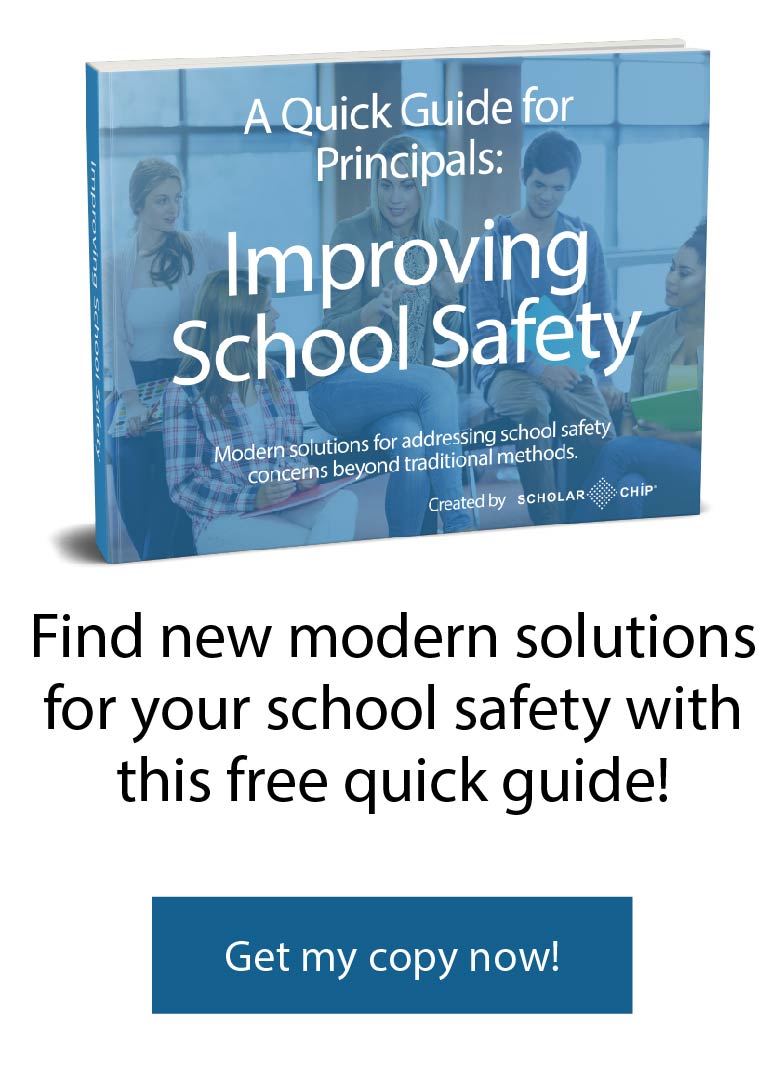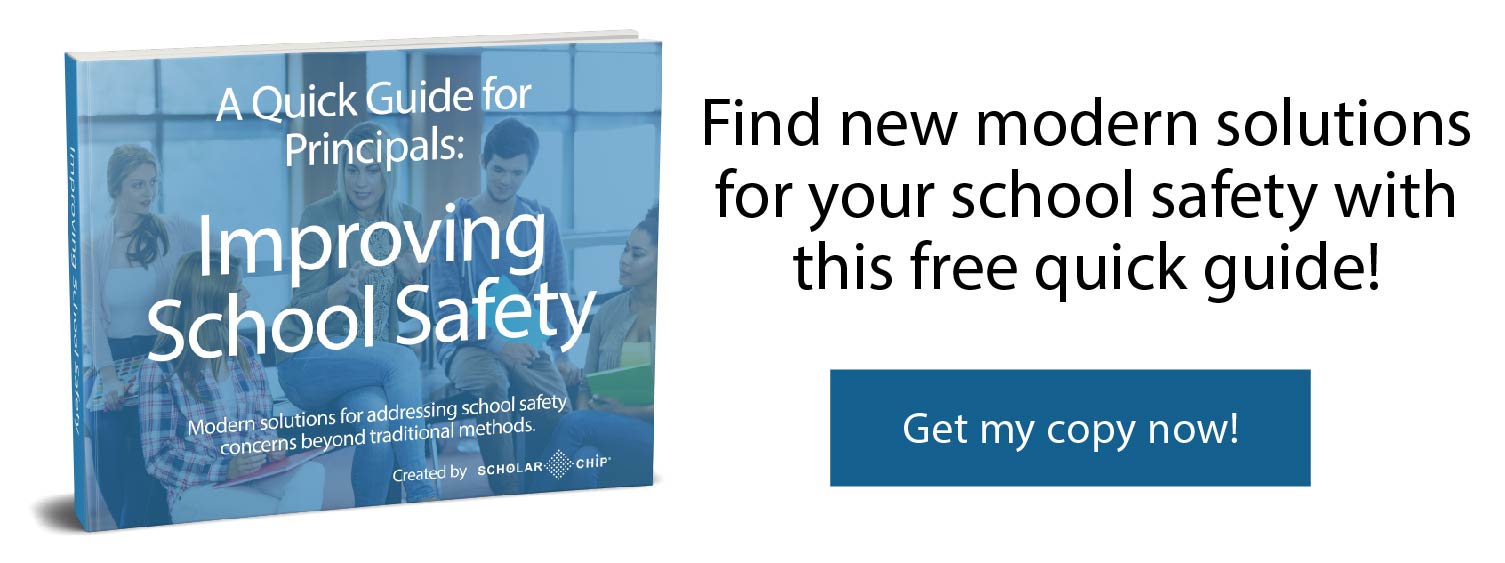Students have asked Pittsburgh educator Natalie Thomas if they can use ScholarChip’s Alternative Behavior Educator (ABE). “It gives me the opportunity to provide a resource to my students that is fun and educational at the same time!” she explains.
A considerable amount of research suggests that bite-sized modifications of bad behavior – dubbed “kernels” by psychologists Dennis Embry and Anthony Biglan (2008) – are proven to be more effective in positive behavior support.
Alternative Behavior Educator, for example, gives teachers and school officials the tools to correct student misbehavior in ways that empower them, instead of serving simply as punishment. With videos, activities, and games tailored to particular types of bad behavior, students can enjoy learning how to modify their actions and behave more appropriately, aside from centralized information becoming documented.
In this piece, we’ll talk about focused and effective behavioral management techniques and how they can improve student behavior at all levels for primary and secondary education.
Understanding Misbehavior: An Educator’s Guide to the Causes of Misbehavior
Rather than defining misbehavior – like disrupting peers or acting hyperactive – experts suggest that student behavior should be identified by why it occurs. For example, if a student isn’t staying on task, he might find the assignment too difficult.
Scholars suggest that teachers can create an Antecedent-Behavior-Consequence (ABC) chart that first lists what happened before the student misbehaved, his misbehavior, and the consequence that followed that misbehavior.
Once educators identify the cause of the misbehavior, they can suggest a more positive approach to replace the disruptive one. If a student often speaks out of turn in class, then, an instructor might conclude that the student is excited to share her creative ideas, or the opposite. The instructor could then suggest the student to write down her comments on paper to discuss with the instructor after class.
In the end, the best strategies for changing students’ poor behavior involves identifying the cause of the problem, rather than focusing on the problematic behavior.
Aiding student behavioral challenges
Students are not going to change overnight. Teachers and school officials can offer students “kernels” of behavioral feedback that will encourage them to modify their behavior. Kernels should start off small, starting off with non-verbal cues like making eye contact with students to remind them that they need to stop speaking out of turn in class.
From there, teachers can give students more advice for changing behavior. Some strategies include the following:
- Greet students positively. Students behave better for a teacher they believe wants them to succeed. For example “Good morning, Gabe. I’m excited for your presentation today!”
- Use the When-Then game. If a student isn’t behaving appropriately, phrase the modification you’re looking for in a “When/Then” statement. Try: “When you’re feeling up to it, then we can discuss your grade.”
- Don’t wait to address behavioral issues. If a student is misbehaving, address the behavior right away, rather than waiting to address the problem later.
Behavior Management Techniques
Using kernels as positive behavior support ensures that students’ behavior improves without letting behavior management take over your classroom. Here are strategies that you can use to modify students’ actions.
Gaining Students’ Trust
Students are more likely to behave well if they believe their instructors have their best interests at heart. Instead of treating any misbehavior as a personal affront, be calm and neutral in the face of misbehaving students. Be honest with students, do what you say you’ll do, and keep calm in the face of disruptive actions.
Behavioral Contracting
If a student is consistently misbehaving, create a behavioral contract. In response to a certain positive behavior, the student can then take part in an activity that he or she enjoys. If, for example, you have a student who cannot sit still while taking a test, he could agree to sit quietly through the first portion if he can use a fidget spinner for the second half of the test.
Tough Love
Students with behavioral issues can be perceived as problems to be solved, rather than as people. Instead, let the student know that you’re on their side. Respect the student and ask them to identify why they think they’re behaving the way they are. From there, work together to create plans for improvement. Students can be surprisingly interested in changing their behavior but may not have the tools to successfully do so.
Rewarding Positive Behavior
Don’t let your students’ improved behavior go unrewarded. Take opportunities to reward them. You could, for example, leave a note on a students’ desk after they spend a day quietly working on their homework. When they do something well, praise them for their efforts.
These habits of positive reinforcement should be used for all students, not just the misbehaving ones. Praising students for good work will motivate all students, whether they have behavioral issues or not.
Using ScholarChip to Aid Student Behavior
If students are engaging in disruptive behavior, ScholarChip’s (ABE) gives teachers and school officials the tools to use to aid this behavior, without sapping all of their time and energy in class. When a school decides to use ABE, all teachers and staff can use the program to modify student behavior. Information is also centralized so whomever is aiding the student can be informed with up-to-date information so that they may give positive behavior support.
ScholarChip is an all-in-one, platform solution to help reduce school threats and address the important issues surrounding school safety and behavioral issues that occur with students. Data from students, faculty, and stakeholders are leveraged to manage school access, attendance, and behavior management through the platform tools to increase safety and promote the campus climate schools are looking for.
If you would like to see how ScholarChip can help your schools behavioral management needs, schedule a free 1-on-1 walkthrough with one of our specialists today!


